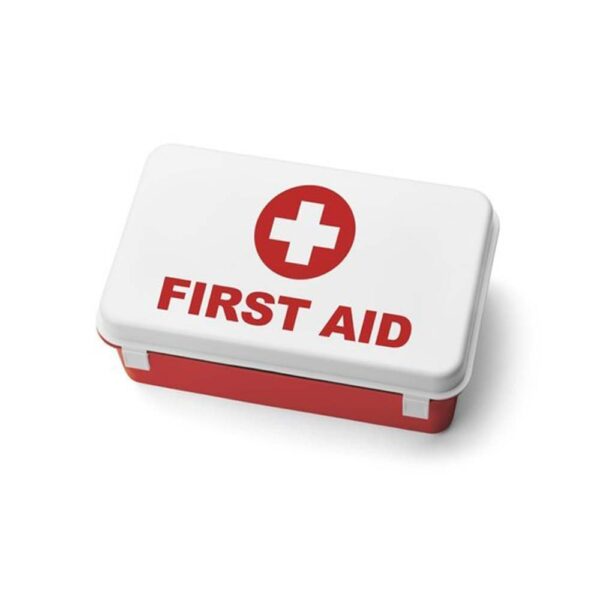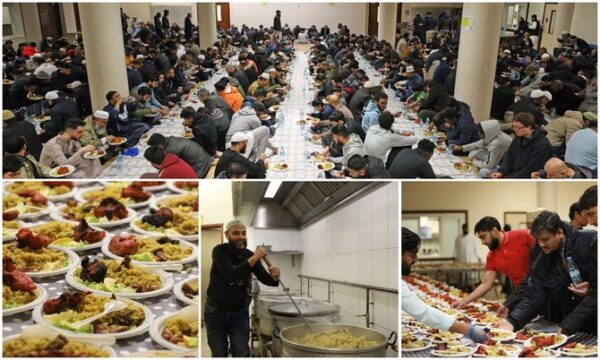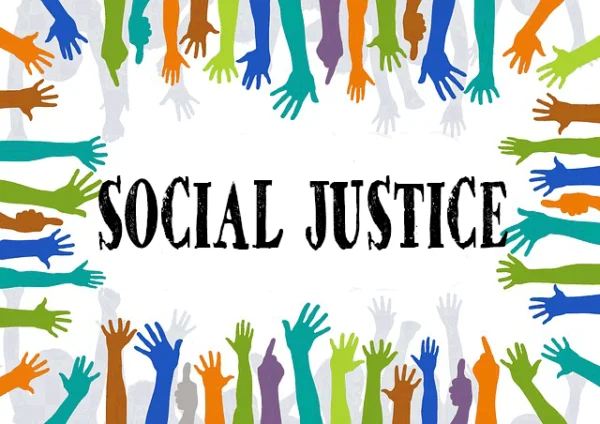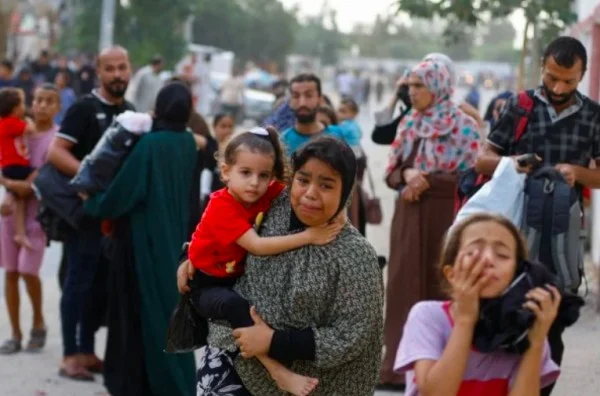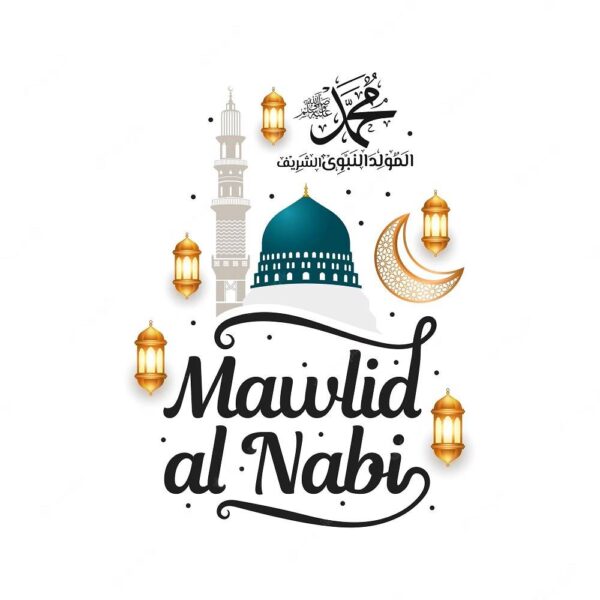Shielding the Vulnerable: A Look into Protection Services
It’s a sad reality, isn’t it? The most vulnerable members of our society – women, children, the elderly, and persons with disabilities – often find themselves at risk of human rights violations, exploitation, abuse, or violence. This is a battle we’ve been fighting for centuries, and yet, it remains a pressing issue. But have you ever stopped to consider the role of protection services in this fight?
Our Protectors: Who are They?
Picture this: a shield, steadfast and resilient, standing between threats and the vulnerable. That’s what protection services are – a sturdy shield providing a safety net for those at risk. These services range from social initiatives, legal aid, to specialized agencies, all working together like a well-coordinated orchestra playing a symphony of safety. They work tirelessly to prevent, respond to, and ensure accountability for violations against the vulnerable.
Isn’t it comforting to know that there are entities dedicated to safeguarding the rights and dignity of these individuals? The question is, are they doing enough? And how can we, as members of the same society, contribute?
The Role of Protection Services
Protection services are like the lighthouse in a storm. They guide the vulnerable away from the dangerous shores of abuse and exploitation, towards the safe harbors of respect, dignity, and equal rights. Their work is multi-faceted and includes a wide array of tasks.
For instance, they provide immediate response to instances of abuse, be it physical, emotional, or financial. This includes providing safe spaces for victims, offering counseling services, and facilitating legal proceedings. But their work doesn’t stop there. They’re also responsible for preventive measures, like raising awareness about human rights, educating people about the signs of abuse, and advocating for stricter laws and policies to deter potential violators.
Does it seem like a lot? That’s because it is. Protection services carry a huge responsibility on their shoulders. But remember, they’re not in this alone – we all have a role to play.
We’re All In This Together
So, what can we do to support these vital services? Simple acts can make a world of difference.
Start by educating yourself and others about human rights and the signs of abuse. Knowledge is power, and the more informed we are, the better we can protect ourselves and those at risk. Speak up when you see injustice, whether it’s in your community, workplace, or even within your own family. Remember, silence often enables the violator and disempowers the victim.
Donating to organizations that provide protection services is another great way to help. These organizations often rely on donations to fund their operations. Even a small contribution can help provide a meal, a safe place to sleep, or legal aid to someone in need.
Lastly, advocate for stronger policies to protect the vulnerable. This can be as simple as signing a petition or as involved as lobbying your local government. Every voice counts, and together, we can make a real difference.
In a perfect world, we wouldn’t need protection services. But as long as there are individuals at risk, we’ll need these shields to guard them. The fight against human rights violations, exploitation, abuse, and violence is a collective effort. It’s not just the duty of protection services, but ours as well. So, will you pick up your shield and join the fight?



